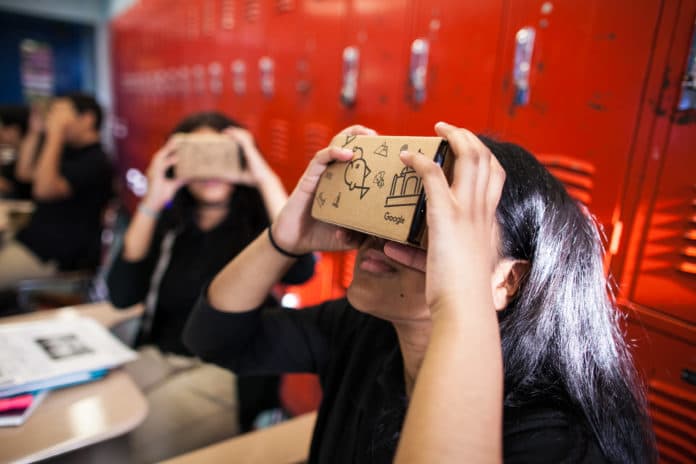
Theme 1: The training ecosystem will evolve, with a mix of innovation in all education formats
To a striking degree, the experts who answered “yes” – that new ways of teaching and learning will successfully emerge for job skills advancement – focused on how trainers, educators and employers will innovate new ways to implement and partner with technology to provide solutions that enhance outcomes. Many of the hopeful respondents predicted that the education ecosystem would sort itself out such that different kinds of learning needs would be met in different kinds of learning systems. They said that, while universities will play important roles, they expect that by 2026 traditional classroom education will be successfully paired with the expansion of online learning programs like Massive Open Online Courses (MOOCs), which will evolve to include elements of augmented and virtual reality, artificial intelligence, and gamification.
One typical summary assessment came from Bryan Alexander, president of Bryan Alexander Consulting and an expert on how technology can transform education. He wrote, “There are plenty of forces coming together to make [successful training of large numbers of workers for jobs of the future] happen. Businesses continue to demand more training of new employees, and charge the education system with making it happen. Governments are frantic to boost training in what they often see as a knowledge economy, seeking to spark their own version of Silicon Valley. New alternatives to traditional education keep appearing, from coding academies to MOOCs (still happening, especially beyond the U.S.) to automated tutors (think Duolingo). Depressed salaries and wages combine with anxieties about students’ loans to drive students into focusing like lasers on economic payoffs from learning. Countervailing forces are not strong enough to oppose these drivers. … Technical challenges are falling, especially as mobile devices continue to grow and the populace is increasingly comfortable with distance learning as one part of online life. We should watch for new forms of online learning at scale.”
Below are some key subthemes that tie into the overarching thought that existing training systems will continue to improve and new ones will emerge, evolve and succeed in the next decade.
More elements will migrate online. Some will be self-directed, some offered or required by employers; others will be hybrid online/real-world classes. Workers will be expected to learn continuously
A majority of the respondents in this canvassing expect that formal education systems – K-12, community colleges, universities, postgraduate programs – will maintain some traditions while taking on new roles. They predict that – due to the high costs of higher education – other nonprofit and for-profit organizations will fill more specialized training roles and supplemental foundational education elements while many employers provide their own training programs and/or require workers they hire to train on their own to up-skill and become certified in certain specialties. They expect that savvy workers will be self-motivated to take advantage of always-available educational material online.
Scott Amyx, CEO of Amyx+, wrote, “Online educational platforms (K12.com, online universities, YouTube DIY videos, Scratch MIT) are setting the pace and tone for a new era of learning for children and adults. We have witnessed a wide spectrum of subjects being taught via online systems, from core curriculum to advanced AI and machine learning courses.”
Originally published in Pew Research Center on May 3, 2017. Authors Lee Rainie and Janna Anderson.


















